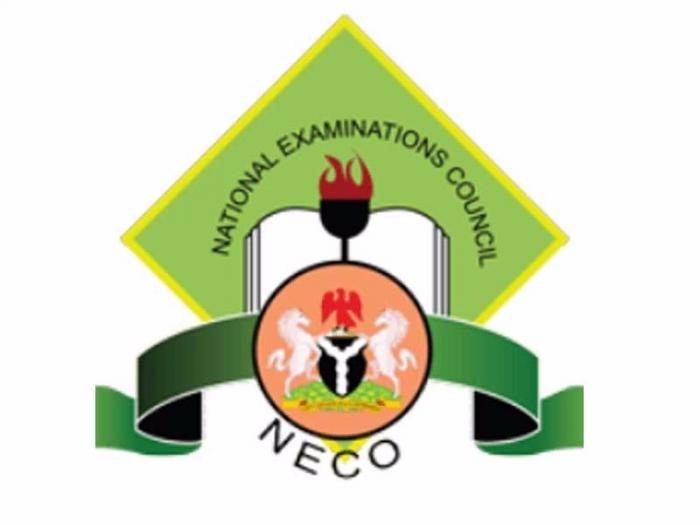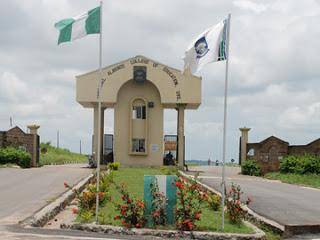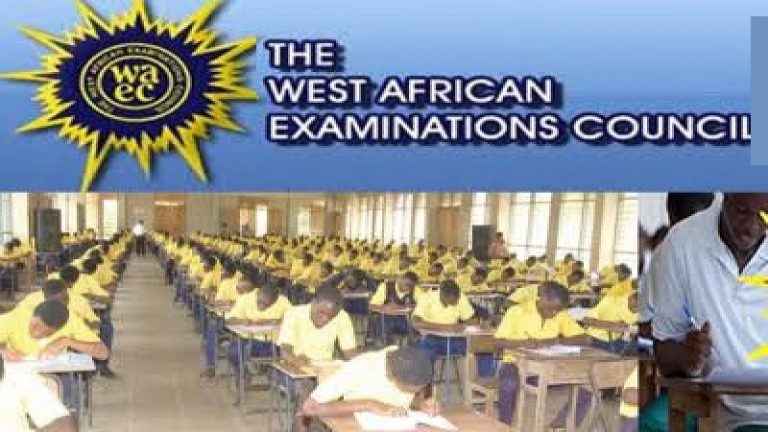Why Ghanaians continue to top WAEC excellence awards over Nigerians — ANCOPSS President


The president of the All Nigerian Confederation of Principals of Secondary Schools (ANCOPSS), Alhaji Muhammad Ibn Musa, has pointed to weaknesses in Nigeria’s educational system as the reason Ghanaian students frequently win the top spots in the WAEC International Excellence Awards.
During an interview, Musa raised alarm over Ghana’s repeated success in securing the first three positions in the school category of the West African Senior School Certificate Examination (WASSCE) for two consecutive years, even though Nigeria supplies almost 75 percent of the candidates in the WAEC region.
“This issue is a serious one, and if I had my way, I wouldn’t even want to talk about it because it implicates all Nigerian teachers,” he said.
Nevertheless, he accepted that the issue is widespread and not the fault of one group alone.
“I can’t say the fault is solely from the principals or the teachers. They both share the blame, and so do governments, parents, and students.”
Musa said that many Nigerian learners are unaware they are competing at a regional level beyond Nigeria’s borders.
“Most of them just want a credit pass. Once they get that, they feel they’ve done well,” he said, adding an illustration, “You can only succeed in taking a donkey to the river, but you can’t force it to drink water.”
He held parents partly responsible, citing the common trend of enrolling children in secondary school at too young an age and rushing them through school levels.
“Many parents are not bothered about preparing their children adequately for exams. Some even aid them in malpractice,” he noted.
He described scenarios in which some final-year secondary students score just 72 out of 400 in JAMB’s UTME but still move on to take the WASSCE.
Musa said this is compounded by poor reading culture among students.
“Even with expensive phones, 99.5 per cent of what they are browsing doesn’t relate to their studies, and their parents aren’t concerned,” he said.
He added that public schools have nearly abandoned the practice of giving holiday assignments.
Talking about the responsibility of educators and school heads, Musa said the curriculum is not being thoroughly covered.
“You are given just 45 minutes to take a class, and you spend 20 to 30 minutes discussing partisan politics or unrelated issues,” he said.
He also mentioned that many pupils, especially in northern Nigeria, return late to school after breaks, yet parents do nothing about it.
He shared his experience at the 73rd Annual General Meeting of WAEC in Liberia the previous month, where once again Ghanaian students topped the rankings.
“It was the same last year in Sierra Leone and even two years ago in Gambia, when only one Nigerian— a girl from Plateau State—made it into the top three,” he said.
Musa highlighted a key difference in the way secondary education is structured between the two countries.
He said Ghana uses a model of specialised schools that focus on academic fields like science, arts, or commerce.
He contrasted this with Nigeria’s approach, which uses all-inclusive schools, often where private institutions with minimal facilities still present students for SSCE.
Musa also admitted that when teachers don’t take part in grading WAEC or NECO scripts, it affects how well their students perform.
He noted that educators who participate in grading gain about 80 percent more insight into what examiners expect, which better equips their students.
He criticized the lack of professional teacher training, blaming state governments for abandoning such programmes.
“It’s difficult to get better results when we keep doing things the same way,” he said.
He called for reforms in teaching style and subject mastery.
Musa also questioned whether Nigeria is ready for WAEC and NECO to switch to a digital exam format.
He doubted whether providing and maintaining the required equipment would be possible, suggesting parents and students might end up bearing the cost.
He connected this concern to the larger issue of states claiming to offer free education but failing to provide the resources to back it up.
“Almost every state says it runs free education, but how many provide the materials needed to make that claim real?” he questioned.
Musa concluded by saying ANCOPSS had asked WAEC Nigeria’s research arm to look into the repeating trend.
“It means a lot to us that, for two years, no Nigerian student has made the top three despite our numbers. If we don’t produce any again this year, we should all be more worried,” he warned.







